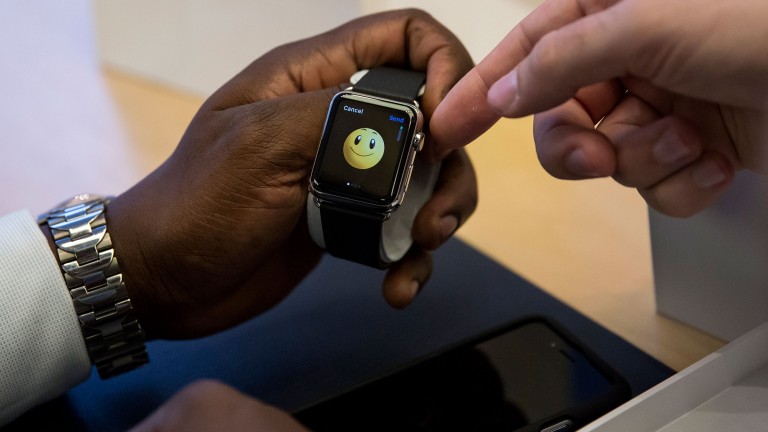A feasibility study suggests that data collected from smartphones and digital apps might help speed up the diagnosis of Alzheimer’s disease.
The study: Researchers from Apple, Eli Lilly, and health tech startup Evidation Health handed out iPhones, Apple Watches, iPads, and sleep monitoring devices to 113 people aged 60 to 75, of whom 31 had varying levels of dementia and cognitive decline. The researchers collected data from the devices over 12 weeks, studying factors such as people’s motor control, mood, typing speed, use of language, and sleep patterns. The subjects also had to fill in energy and mood surveys every day, and take short tests on an app.
The results: The people with symptoms of dementia typed less regularly and more slowly and sent fewer messages than healthy participants. They also relied on support apps more, and were less likely to fill in surveys. That suggests a phone or other device might one day be used to track someone’s cognitive decline—but, the study authors say, it’ll take more research to know whether the method is accurate enough.
The potential: It can take a long time to diagnose Alzheimer’s disease correctly, because its early symptoms are subtle and easy to dismiss as “normal aging.” Accelerating that process would help the nearly 500,000 people diagnosed with Alzheimer’s every year in the US alone.
The privacy problem: Monitoring people this way would require them to consent to their data being tracked for a long time in immense detail.
Sign up here for our daily newsletter The Download to get your dose of the latest must-read news from the world of emerging tech.

